Princesse Beer (1)
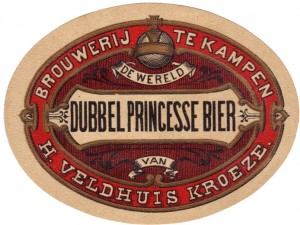 Now let’s talk about one of the most popular Dutch beers of the 19th century: princessebier. Where did this ‘princess beer’ come from, when did it disappear, and what is that funny name about? And of course, is there a recipe? There is, and not only has the renowned Anchor brewery made a one-off reconstruction, it is going to be re-brewed by a once-famous Dutch beer brand as well.
Now let’s talk about one of the most popular Dutch beers of the 19th century: princessebier. Where did this ‘princess beer’ come from, when did it disappear, and what is that funny name about? And of course, is there a recipe? There is, and not only has the renowned Anchor brewery made a one-off reconstruction, it is going to be re-brewed by a once-famous Dutch beer brand as well.
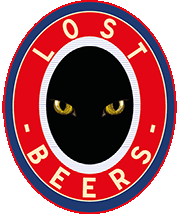





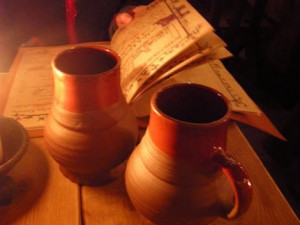 To be perfectly honest, I started this quest for the lost beers of Holland mainly looking for recipes of the 18th and 19th century. Why? Two reasons: they are easier to find and to interpret, and nobody had really written about them before. So far, every new beer recipe feels like a lost treasure found after deep digging. Still, the 19th century is not exactly the heyday of Dutch beer. The Middle Ages were. For a few centuries Holland was the leading beer exporting country that taught even the British and Belgians how to brew beer with hops. But we’ll get to that.
To be perfectly honest, I started this quest for the lost beers of Holland mainly looking for recipes of the 18th and 19th century. Why? Two reasons: they are easier to find and to interpret, and nobody had really written about them before. So far, every new beer recipe feels like a lost treasure found after deep digging. Still, the 19th century is not exactly the heyday of Dutch beer. The Middle Ages were. For a few centuries Holland was the leading beer exporting country that taught even the British and Belgians how to brew beer with hops. But we’ll get to that.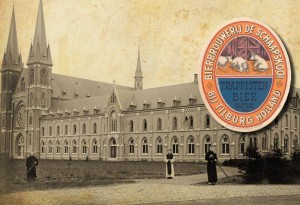
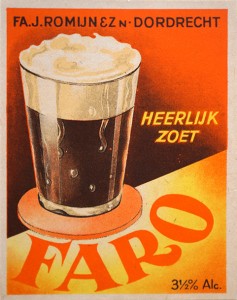
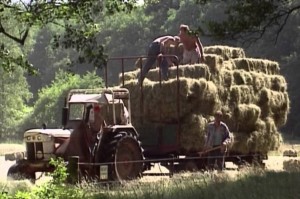 So now it’s time to disclose the secrets of one of those lost Dutch beers. I’ll start with a simple one: an early Dutch homebrew. After all, it aren’t always professional brewers that make beer. Every day many amateurs make their own. And this is of all ages: before the Second World War there was plenty of homemade beer in Holland too. Where? At the farm!
So now it’s time to disclose the secrets of one of those lost Dutch beers. I’ll start with a simple one: an early Dutch homebrew. After all, it aren’t always professional brewers that make beer. Every day many amateurs make their own. And this is of all ages: before the Second World War there was plenty of homemade beer in Holland too. Where? At the farm!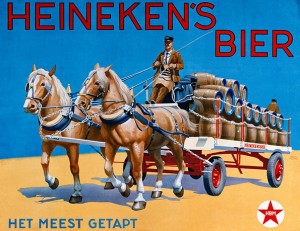
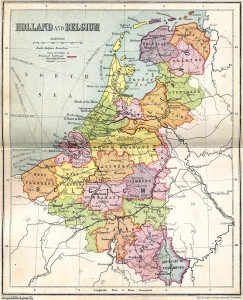
 Lost Beers, my weblog about historical beers, is now a fact. In fact, I have been doing this for a while now, just in a different language. The Dutch version started over two years ago. Now it’s time to expand the possible audience with a website in English. The subject matter is the same: the old beer varieties of the Netherlands (Holland) and other countries.
Lost Beers, my weblog about historical beers, is now a fact. In fact, I have been doing this for a while now, just in a different language. The Dutch version started over two years ago. Now it’s time to expand the possible audience with a website in English. The subject matter is the same: the old beer varieties of the Netherlands (Holland) and other countries.